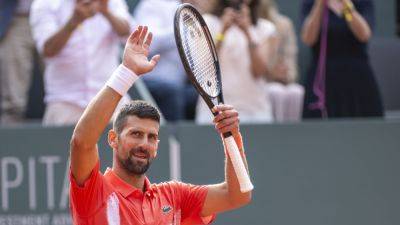Betting on music? Why Europe is fascinated by the Eurovision Song Contest - ESPN
It's Feb. 22, and three men dressed in dapper brown suits gather on a stage in Malmö, Sweden. One of the men begins rapping in Finland-Swedish, one plays accordion, and the other grills a (very real) falukorv sausage over a (very real) fire. Background dancers fill in, pantomiming chopping wood in front of a woodshed that later converts into a replica of a Finnish sauna.
For the entire two-minute, 46-second duration, the three men sing, rap and dance about Finnish sauna culture. It sounds like a goofy concept to the uninitiated, but the song becomes a serious vibe that incorporates many of the traditional themes and music of the region.
The song, «Bara bada bastu» by Swedish-speaking Finnish group KAJ, is Sweden's entry into the 2025 edition of Eurovision Song Contest and has attracted considerable buzz since debuting at Melodifestivalen that night. It's currently the betting favorite to win Eurovision 2025 in Basel, Switzerland, which begins with semifinals this week on Tuesday and Thursday, and concludes with the final on May 17.
Most Americans' exposure to the competition is limited to Will Ferrell's 2020 comedy «Eurovision Song Contest: The Story of Fire Saga,» or possibly knowing that ABBA and Celine Dion were two of the most successful acts to emerge from the contest. But in Europe, Eurovision Song Contest is a massive pop culture sensation, with 37 countries — primarily from across the continent but also including Australia and Israel — competing in 2025.
The 2024 contest attracted 163 million viewers across the public service channels of the European Broadcasting Union, which organizes the event each year, with more viewers coming from outside that sphere. Like many competitive endeavors, that massive viewership








